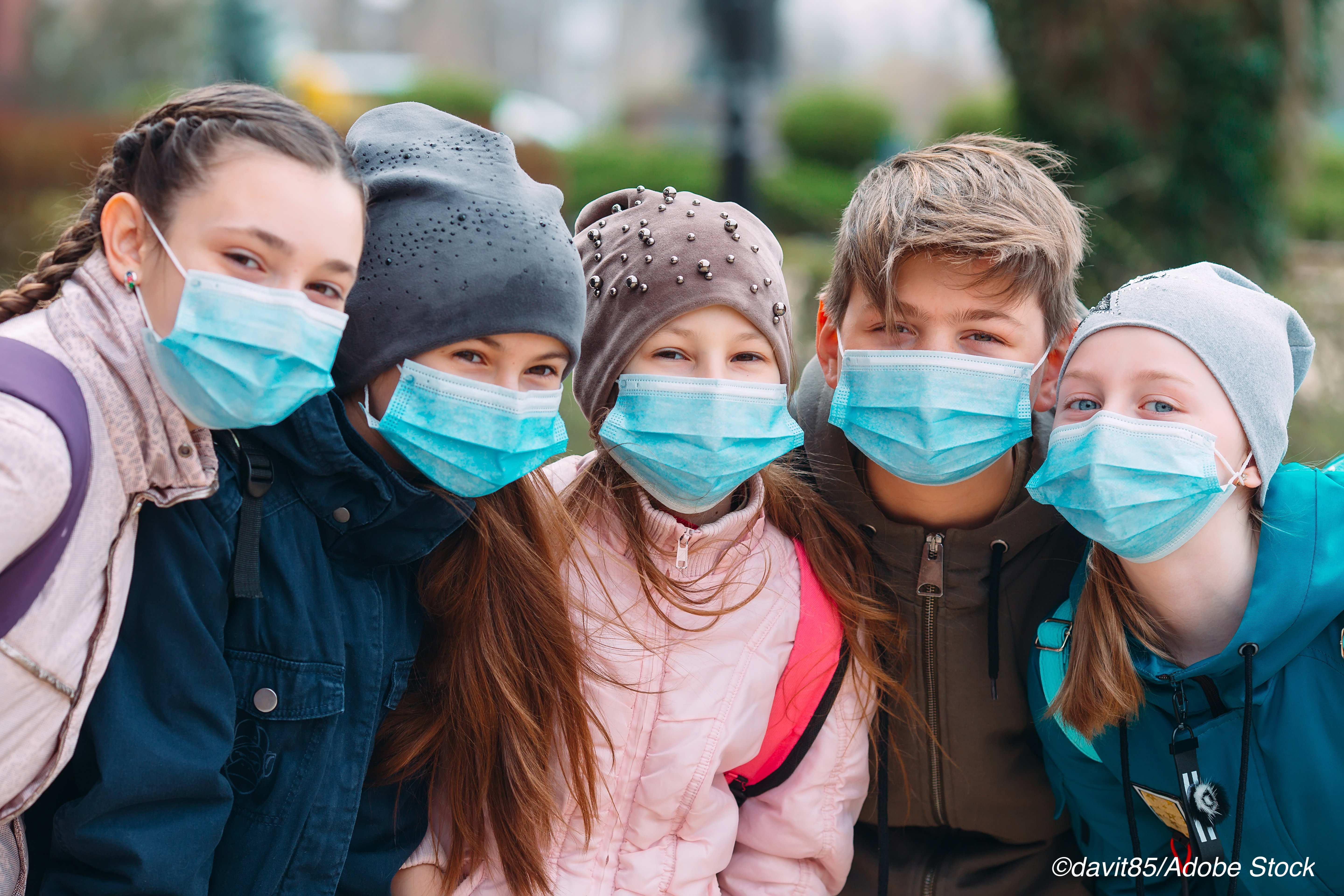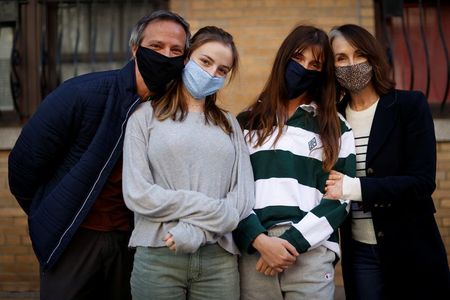
Pfizer Inc. and BioNTech SE announced the results of a phase III trial that found the mRNA-based BNT162b2 Covid-19 vaccine 100% effective at preventing SARS-CoV-2 infection among patients ages 12-15 years.
The original Emergency Use Authorization (EUA) for BNT162b2 — which was granted in December 2020 — only allowed for the vaccine’s use for patients ages 16 and older. But now, based on these results, Pfizer CEO Albert Bourla said that the manufacturer will seek to have the EUA revised as soon as possible.
“We share the urgency to expand the authorization of our vaccine to use in younger populations and are encouraged by the clinical trial data from adolescents between the ages of 12 and 15,” Bourla said in a company press release. “We plan to submit these data to FDA as a proposed amendment to our Emergency Use Authorization in the coming weeks and to other regulators around the world, with the hope of starting to vaccinate this age group before the start of the next school year.”
The phase III trial enrolled 2,260 U.S. patients ages 12-15 years, of whom 1,131 received two doses of BNT162b2 and 1,129 received placebo. According to the results, which have yet to be peer-reviewed, 18 patients developed Covid-19 in the placebo group versus none in the vaccine group. And, according to the manufacturers, patients vaccinated with BNT162b2 had SARS-CoV-2–neutralizing antibody geometric mean titers (GMTs) of 1,239.5 one month after the second dose — a strong antibody response that exceeded that of patients ages 16-25 (705.1 GMTs) who received the vaccine in an earlier analysis.
Vaccination with BNT162b2 was well tolerated, with side effects consistent with those observed in patients ages 16-25.
Philip J. Landrigan, MD, MSc, a pediatrician, public health physician, and epidemiologist from Boston College, found the results encouraging, especially as the U.S. revs up attempts to get U.S. kids back into in-person classrooms.
“It’s hard to get kids to comply with masking and distancing, so something that gives them hard protection and takes them out of the mix of spreading the virus is all for the good,” Landrigan told AP News.
Peter Hotez, MD, PhD, co-director of the Center for Vaccine Development at Texas Children’s Hospital, shared a similar sentiment on CNN’s New Day Wednesday, saying that the announcement is “likely a green light to move forward, to move down in terms of vaccinating adolescents 12 to 15,” assuming the FDA grants the manufacturers’ request for an expanded EUA following review of the available efficacy and safety data — a process which has taken approximately three weeks for past Covid-19 vaccine approvals.
“The bottom line is that by the fall I think there’s a good possibility we’ll be vaccinating teenagers, 12 and up, and for middle schools, junior high schools, high schools, it’s really good news in the United States for both teachers and staff,” Hotez said. “We’ll have teachers and staff vaccinated, we’ll have the students vaccinated in those middle schools and high schools.”
While these results might spell good news for middle and high schoolers, kids ages 11 and under will have to wait for results from Pfizer-BioNTech’s global phase 1/2/3 seamless study that is set to evaluate the vaccine’s efficacy in patients as young as 6 months — the first doses for this trial were administered last week, according to the manufacturers.
“The study is evaluating the safety, tolerability, and immunogenicity of the Pfizer-BioNTech Covid-19 vaccine on a two-dose schedule (approximately 21 days apart) in three age groups: children aged 5 to 11 years, 2 to 5 years, and 6 months to 2 years,” the companies explained. “The 5 to 11 year-old cohort started dosing last week and the companies plan to initiate the 2 to 5 year-old cohort next week.”
John McKenna, Associate Editor, BreakingMED™
Cat ID: 190
Topic ID: 79,190,730,933,190,31,926,138,44,192,561,927,925,934


